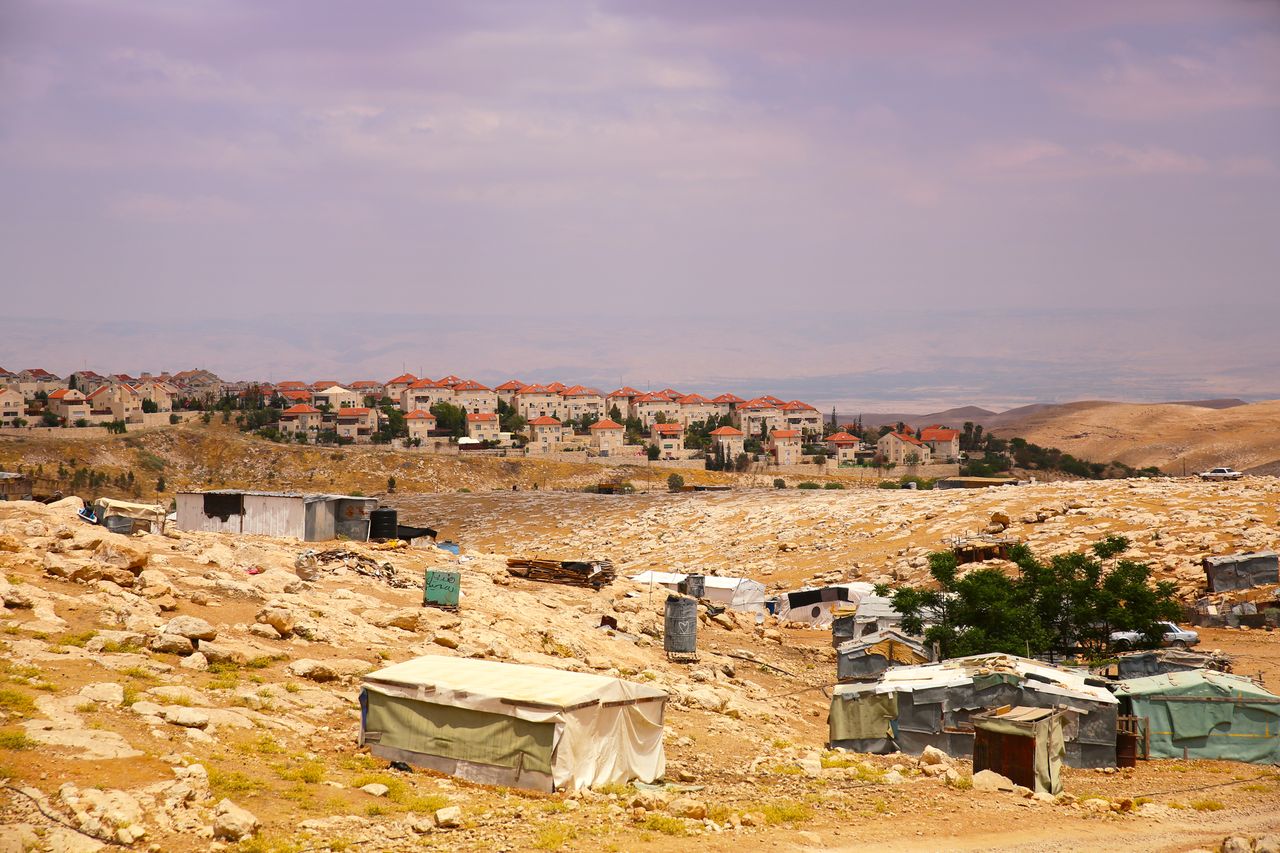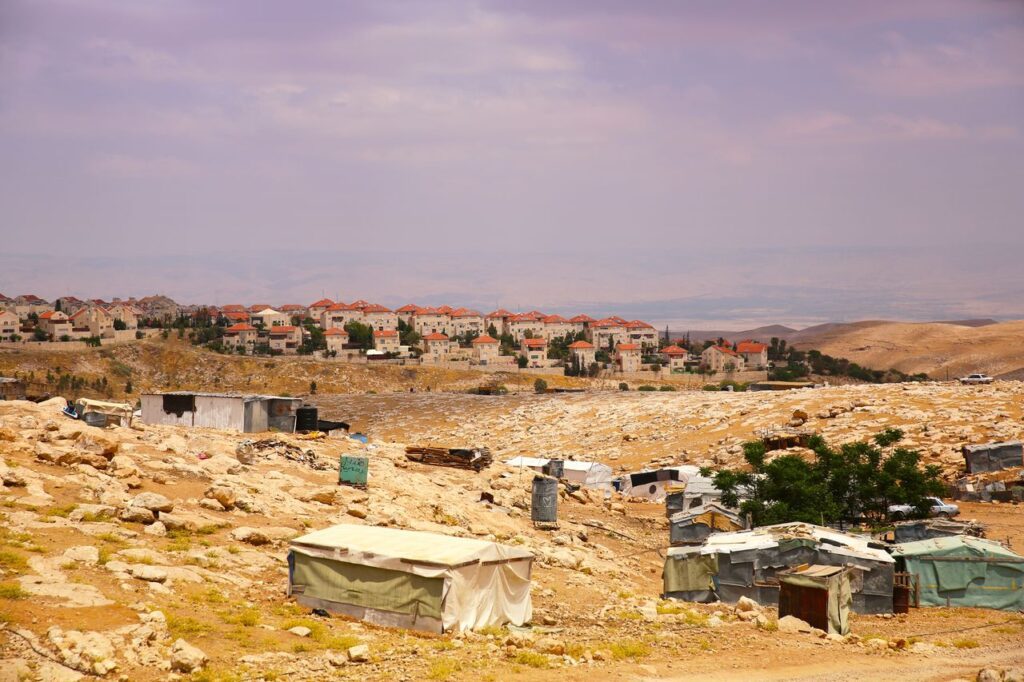
Bedouins, The Desert Dwellers
Bedouins, The Desert Dwellers
By Haytham Dieck, Head of Tour Guide Program

Bedouins are Arab nomads who choose the harshest environment of the desert to live and settle. The etymology of their name reflects their character, “the desert dwellers.” Arab Bedouins have lived in the Middle Eastern desert (Egypt, Iraq, Syria, Jordan, Palestine, and Israel) for thousands of years. Animal herding is their primary job, and Bedouins are classified based on the main animal of their livelihood. Camel nomads occupy territories in the desert, while sheep and goat nomads have a smaller range near cultivated areas.
The Bedouins’ lifestyle is not different from the our fathers, the Patriarchs, Abraham, Isaac, and Jacob. They refuse cities and prefer tents pitched in the ground. They are nomads traveling from place to place according to the weather conditions; they escape to the desert during the winter rains and return to cultivated land in summer. They know how to fetch water in the desert and have the know-how to choose the right herb for their medicines. You can see an example of this in Genesis 30:14 when Reuben, son of Leah, found mandrakes (a medicinal plant) and gave it to his mother when she ceased bearing children.
Their spectacular food is rich in lamb meat, bread, and jameed (hardened yogurt made from ewe or goat’s milk). This dish is called Mansaf, literally the “big platter.” This dish was served to the three visitors who visited 100-year-old Abraham in Mamre (Genesis 17:17) to tell him the good news that 90-year-old Sarah would bear a son named Isaac (meaning “he who laughs,” referring to Sara’s laughter when she learned she would be pregnant). Following the Bedouin’s tradition of hospitality, Abraham showed great respect for the three visitors and offered them the most suitable dish for this occasion.
Bedouin society is a tribal patriarchal society, with men handling the family’s responsibilities and leading the tribe. The patriarch of a tribe of the family is called al-sheik. Family is extended, and marriage is usually endogamous (within specific groups) and polygnous (men have more than one wife). Their ethics are highly maintained with unique ingredients of courage, loyalty to family, pride of ancestry and hospitality. A famous Bedouin quote reflects their ethics and loyalty, “I and my brother are against my cousin, I and my cousin are against the stranger.”
Since the 4th and 5th Centuries, Arab tribes and sheiks have been in contact with Christian hermits in the desert. The relationship reached its peak when the great Saint Euthymius evangelized a whole Arab tribe after performing a miracle in the name of God for the paralyzed son of the Sheik Aspebet. As a result, the Arab Sheik became the first Bedouin Bishop of the Bedouin Diocese, and changed his name to Peter.
Bedouins are indigenous people of the desert and have a vast and rich history with unique traditions that are parallel with our great Patriarchs (Abraham, Isaac, and Jacob). Together they form a fantastic Palestinian intangible heritage that is worth thinking about and experiencing for yourself when you come and visit us in Palestine.

